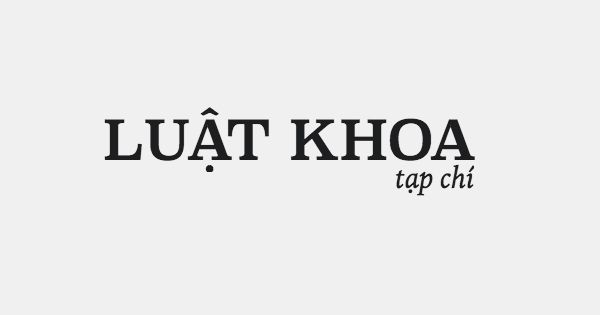Uncategorized
Thank You
No content
Read moreDetailsLogin
No content
Read moreDetailsThư cảm ơn
Cảm ơn bạn đã ủng hộ Luật Khoa. Chúng tôi cam kết sử dụng một cách hiệu quả nhất khoản...
Read moreDetailsLuật Khoa
No content
Read moreDetailsSearch Results
No content
Read moreDetailsLuật Khoa
No content
Read moreDetailsLuật Khoa
No content
Read moreDetailsGiới thiệu Luật Khoa tạp chí
Luật Khoa tạp chí là một ấn phẩm về pháp luật, ra đời ngày 05/11/2014, có mục đích cung cấp...
Read moreDetails

